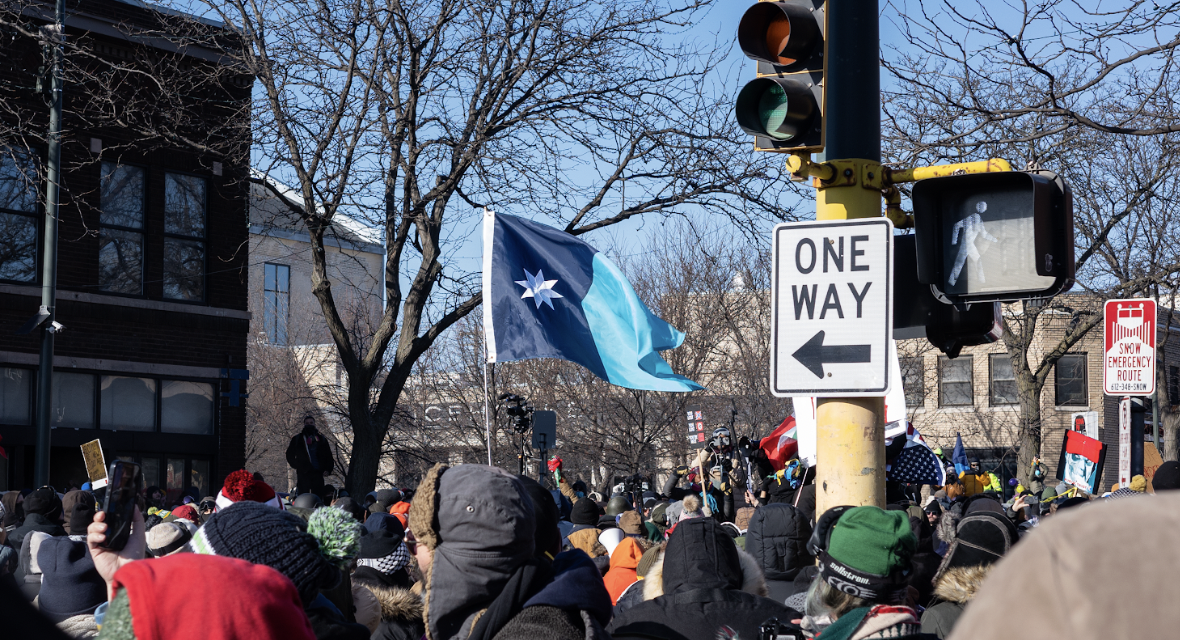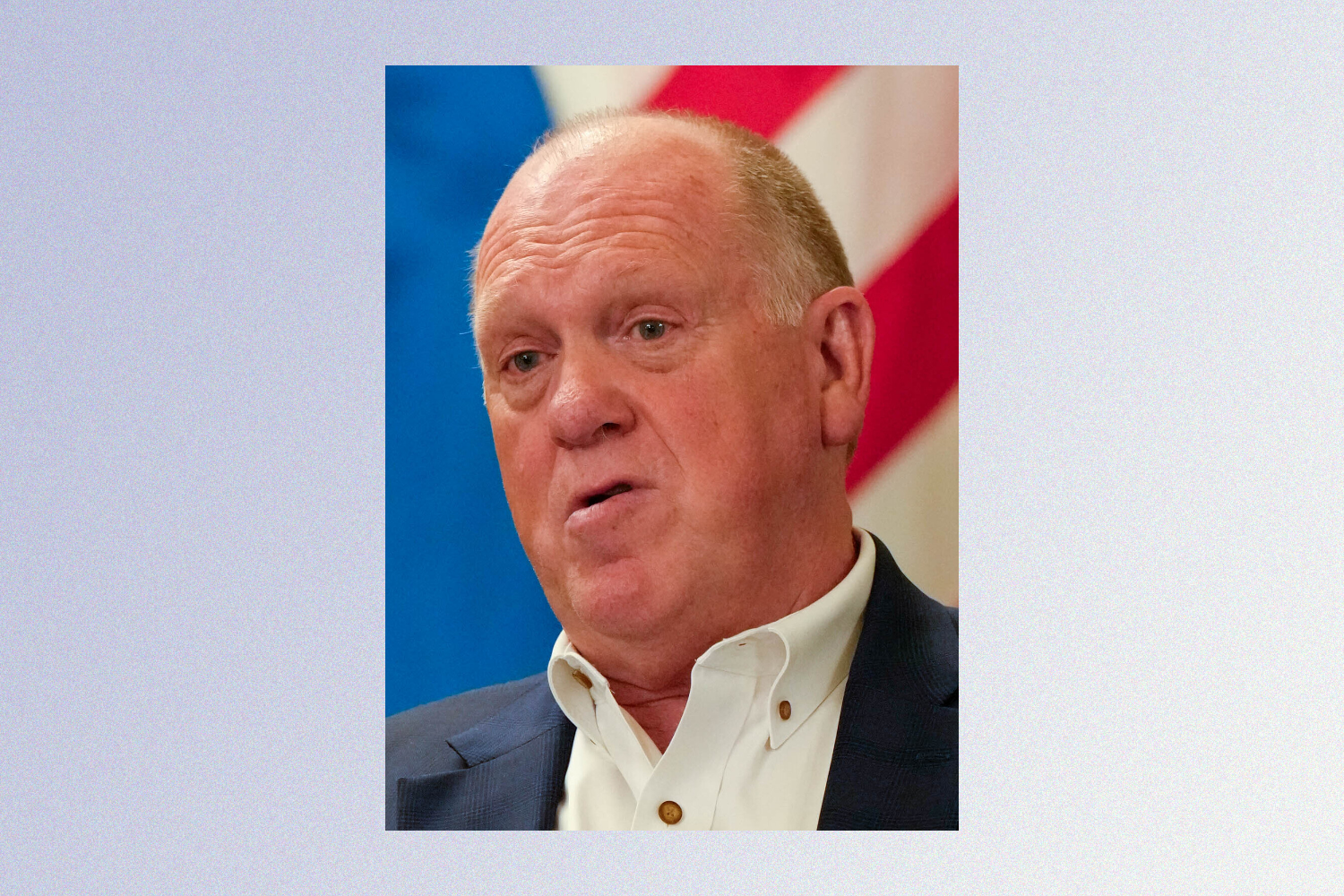By now, it looks very unlikely that the United States will pass any sort of national basic income plan anytime soon. (Sorry, Yang Gang.) But more and more individual cities are stepping up to try pilot programs of their own—including Minneapolis, which opened applications for its Guaranteed Basic Income pilot program earlier this week.
Two-hundred families from nine Minneapolis ZIP codes will be enrolled in the program, which launches in Spring 2022, putting Minneapolis almost exactly a year behind St. Paul's income assistance program, the People's Prosperity Guaranteed Income Pilot. Participants will receive $500 a month for 24 months—money that's theirs to spend on whatever they want.
Mark Brinda, manager of workforce development for the city of Minneapolis, says the progressive economic policy is part and parcel with some of the larger financial security strategies in Minneapolis and St. Paul. Minneapolis led the way with its paid sick and safe time ordinance and minimum wage increase—both policies that were quickly adopted in St. Paul as well.
"I think what we're seeing is these two cities operating within that larger framework to say, 'OK, let's see what tools are out there to affect change ... on issues of racial equity, economic equity, economic access, and family stability within communities of color and low income families, more broadly," Brinda says.
Stockton, California, became the blueprint for this kind of basic income program when it launched SEED—Stockton Economic Empowerment Demonstration—in 2019. The program was, by all accounts, a success. Researchers found that participants in the Stockton study weren't dissuaded from working thanks to the extra money; on the contrary, the number of participants with full-time employment rose by 12 percentage points. Participants said it improved their self-perception and reduced anxiety and depression.
In other words: "The best way to get people out of poverty is just to get them out of poverty; the best way to offer families more resources is just to offer them more resources," The Atlantic's Annie Lowrey wrote earlier this year, reporting on SEED's efficacy.
Minneapolis's income pilot doesn't draw much from Stockton's. The funds are coming from a different place (Minneapolis will use funds from the American Rescue Plan Act, which didn't exist in 2019), and the number of pilot families is different. But now that SEED has reported some of its results, Brinda says Minneapolis can think closely about what exactly it hopes to learn. "Is stability of a family going to impact education completion? Or ability to gain employment or advance employment?" he asks.
In Stockton, recipients of SEED funding were physically and mentally healthier; many participants were able to find more stable employment. The question is whether the results will be similar in Minneapolis—and whether that's the information the city wants to get in its evaluation of the program.
But like Stockton (and St. Paul), Minneapolis's program is a true basic income. Participating families get $500, no strings attached. It's theirs to spend on whatever they want. No one will come by asking for receipts or to make you take a drug test. "You're not entering into a program with parameters," Brinda says. "You're not expected to do something with your dollars. There isn't a voucher for X or a subsidy for Y."
The GBI money is your income, and you can use it in whatever way is helpful to your family, whether that's groceries or utilities or credit card debt... or anything else! What's important one month might not be a need the next, and that's fine. The things you spend on, and even the amount you spend, can fluctuate.
"We have lots of social safety net programs, and all of them have value and all of them have distinct and discrete outcomes tied to them," Brinda says. But GBI, in its unrestricted form, offers something different. "You can look at agency, and what do families do, and what does an individual do."
Applications have been open for a little less than a week now, and while Brinda wasn't able to discuss the number of applicants so far, he would say that demand has been high. The COVID economy has put an additional strain on many families, and "people are really interested in getting access to this."
Roughly two-dozen American cities, including a few other municipalities in California, like Compton, are trying their own basic income pilot. Other cities will look to the results from these early adopters, including Minneapolis and St. Paul, to determine whether something like this could work in their community.
"I'm encouraged by the fact that we're early on in this process," says Brinda. "We'll learn a lot through the next two years."
Applications for the Minneapolis Guaranteed Basic Income pilot are available here and will be open through December 31, 2021.







